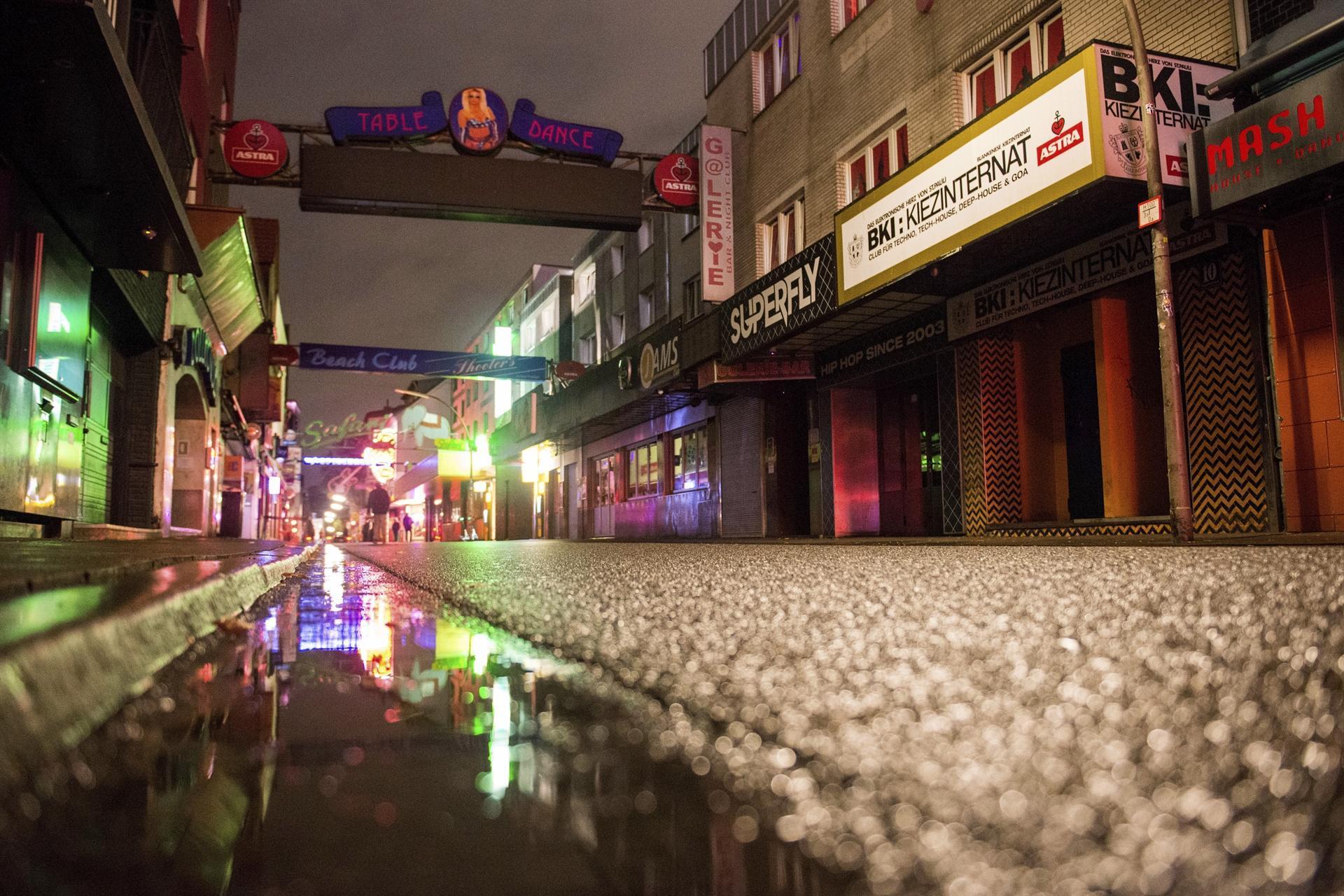
Germany on Nov. 2 led a further tightening of coronavirus restrictions in Europe that have triggered anger and frustration across the continent, while the COVID-19 crisis in the United States deepened.
The virus has infected more than 46 million people worldwide, with close to 1.2 million deaths, and the acute outbreaks in Europe and America sparking further alarm about the state of the already devastated global economy.
To curb the spike in Germany, Chancellor Angela Merkel has ordered a round of shutdowns from Monday until the end of the month.
Germans will not be confined to their homes, but bars, cafes and restaurants must close, as well as theatres, operas and cinemas.
The sadness was palpable at the renowned Bavarian State Opera House in Munich as it prepared to close.
It is "a slap", said baritone Michael Nagy, unable to hide his tears.
England prepared for fresh stay-at-home orders, following in the steps of Austria, France and Ireland, with many expressing anxiety about the economic cost of the four-week shutdown due to take effect from Nov. 5.
Tighter lockdown rules were also set to kick in on Nov. 2 for Belgium, which has the most COVID-19 cases per capita in the world. Portugal, too, has ordered a partial lockdown starting Oct. 4.
And in France, Prime Minister Jean Castex said supermarkets would be barred from selling "non-essential" items from Oct. 3 to protect small shopkeepers who have been forced to close.
Spain has already imposed a nighttime curfew, and almost all of its regions have implemented regional border closures to prevent long-distance travel.
The Italian government is expected to announce new restrictions on Nov. 2, according to news reports, with the health minister pushing for a countrywide lockdown.
The threat of the virus was illustrated further on Nov. 1 when the head of the World Health Organization announced that he was self-quarantining after someone he had been in contact with tested positive.
"I am well and without symptoms but will self-quarantine over the coming days, in line with @WHO protocols, and work from home," Tedros Adhanom Ghebreyesus said in a tweet, stressing the importance of complying with coronavirus guidance.
But the ongoing tightening of virus rules and restrictions has sparked anger in people weary of confinement and the painful economic costs.
That frustration has led to protests in many parts of the world, especially Europe, with some leading to violent skirmishes with police.
Protesters in several Spanish cities clashed with security forces for a second night on Oct. 31, police said, with vandalism and looting breaking out in some parts.
There has already been violence in several Italian cities, as well as Czech capital Prague recently.
The unrest over virus restrictions has not been limited to Europe.
Riots took place in several Argentinian jails on Oct. 31, as prisoners demanded the resumption of visits during the pandemic.
The health situation is also deteriorating in the United States, which is gearing up for the election showdown between President Donald Trump and his Democratic rival Joe Biden on Nov. 3.
It is the worst-affected country in the world with 9.2 million infections and more than 230,000 deaths, and the pandemic has been front and centre during the bitter election campaign. With cases surging again, experts have warned of more devastation.
Top government scientist Anthony Fauci told the Washington Post in an interview that the U.S. is "in for a whole lot of hurt".
In Mexico, parades were cancelled and cemeteries closed on Nov. 1 during the Day of the Dead festival, in which people normally deck their homes, streets and relatives' graves with flowers, candles and colourful skulls.
Many remembered those who have passed in the privacy of their homes, as authorities urged people to avoid gatherings.
Janet Burgos decorated an altar with confetti, fruit and a photograph of her mother Rosa Maria, who died in June aged 64 from suspected COVID-19.
"Now I begin to see what the Day of the Dead really represents," she said.